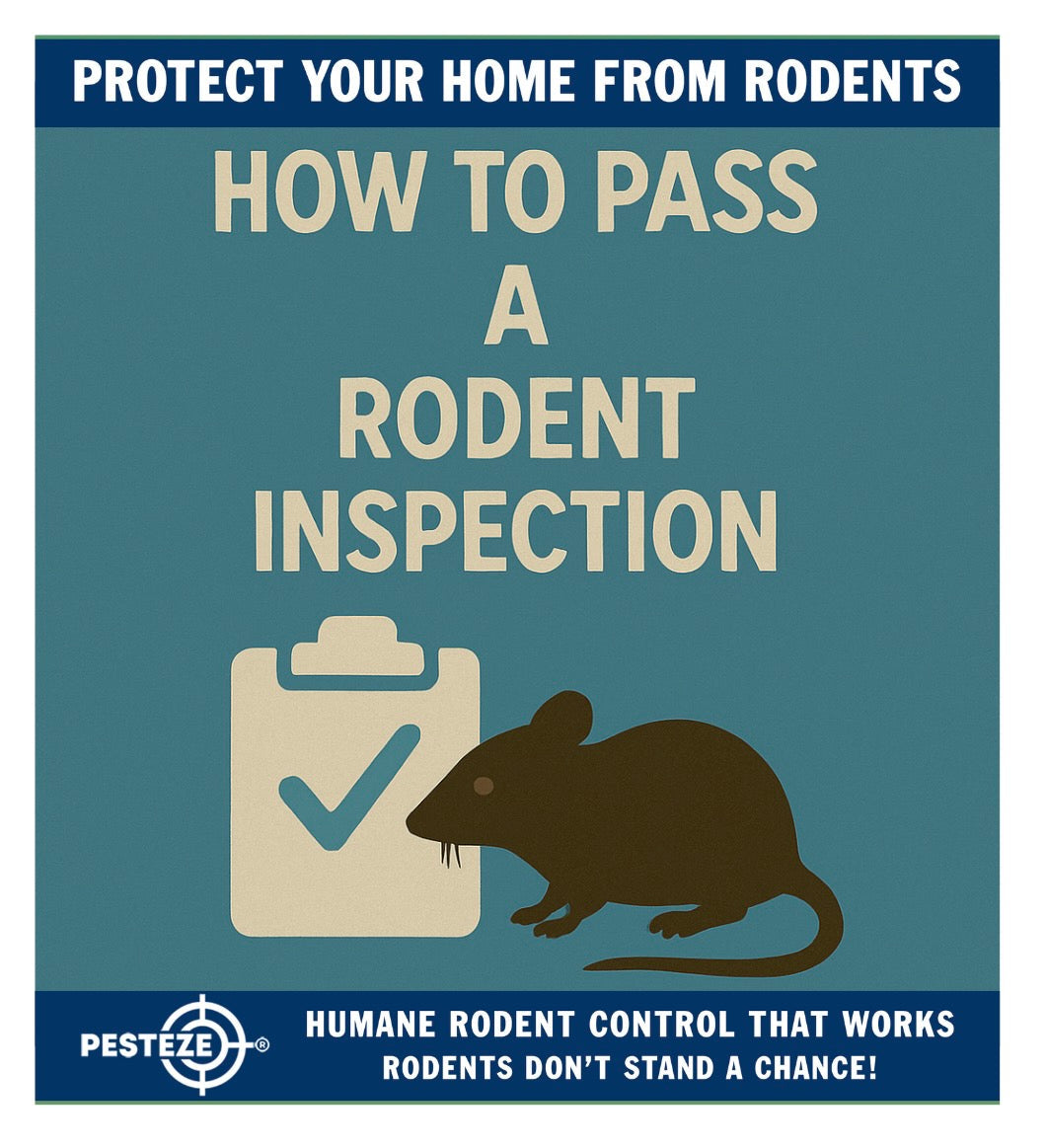HOW TO PASS A RODENT INSPECTION: ESSENTIAL STEPS FOR BUSINESSES

HOW TO PASS A RODENT INSPECTION: ESSENTIAL STEPS FOR BUSINESSES
SUMMARY
Passing a rodent inspection is crucial for maintaining a clean and safe business environment. Learn the essential steps to ensure your business is free from rodents and complies with health and safety standards.
FEATURES
-
Seal Entry Points: Inspect and seal any gaps or cracks that could allow rodents to enter your building.
-
Eliminate Food Sources: Remove food scraps and properly store all food items to deter rodents.
-
Maintain Cleanliness: Keep your premises spotless, including storage areas, kitchens, and garbage disposal sites.
-
Set Traps and Monitoring Devices: Use traps and rodent monitoring stations to detect early signs of activity.
-
Conduct Regular Inspections: Schedule routine pest inspections to identify and resolve issues before the inspection.
- Work with Pest Control Professionals: Partner with experts for comprehensive pest management and to stay proactive in rodent control.
DESCRIPTION
Passing a rodent inspection is vital for any business, particularly in food service, retail, and hospitality industries, where health standards must be met. A failed inspection can result in fines, loss of business, or even closure, so it’s crucial to take preventative measures and act swiftly when issues arise.
One of the most important steps in passing a rodent inspection is to seal entry points. Rodents can squeeze through tiny gaps and cracks around windows, doors, walls, and pipes. A thorough inspection of your building is necessary to identify and seal any potential entry points using caulk, steel wool, or weatherstripping. This will help prevent rodents from infiltrating your space.
Eliminating food sources is equally important. Rodents are attracted to food, so it’s essential to store food properly in airtight containers and avoid leaving scraps or crumbs on countertops, floors, and in storage areas. Keeping trash in tightly sealed containers and disposing of it regularly is also key to deterring rodents from foraging on your premises.
Maintaining cleanliness is a fundamental part of passing a rodent inspection. Regular cleaning of floors, shelves, and all areas prone to food buildup is necessary. Pay close attention to hard-to-reach places such as behind appliances, under sinks, and in corners, where rodents may hide or build nests. Cleanliness will not only help pass an inspection but will also keep your business hygienic and safe for employees and customers.
Setting traps and rodent monitoring devices can help detect rodent activity early. Traps placed strategically throughout the building can quickly identify any signs of rodents, while monitoring stations help track their movements. Monitoring your business regularly is a proactive approach that can catch potential infestations before they become more severe.
Scheduling regular inspections and working with pest control experts is an essential part of keeping your business pest-free. Professional pest control services can provide thorough inspections, targeted treatments, and recommendations to ensure your establishment remains in compliance with local health and safety regulations.
By following these steps, you can ensure that your business passes rodent inspections, maintains a clean environment, and reduces the risk of a rodent infestation, keeping both your customers and your reputation safe.
- Nikita Gulrajani


Comments 0